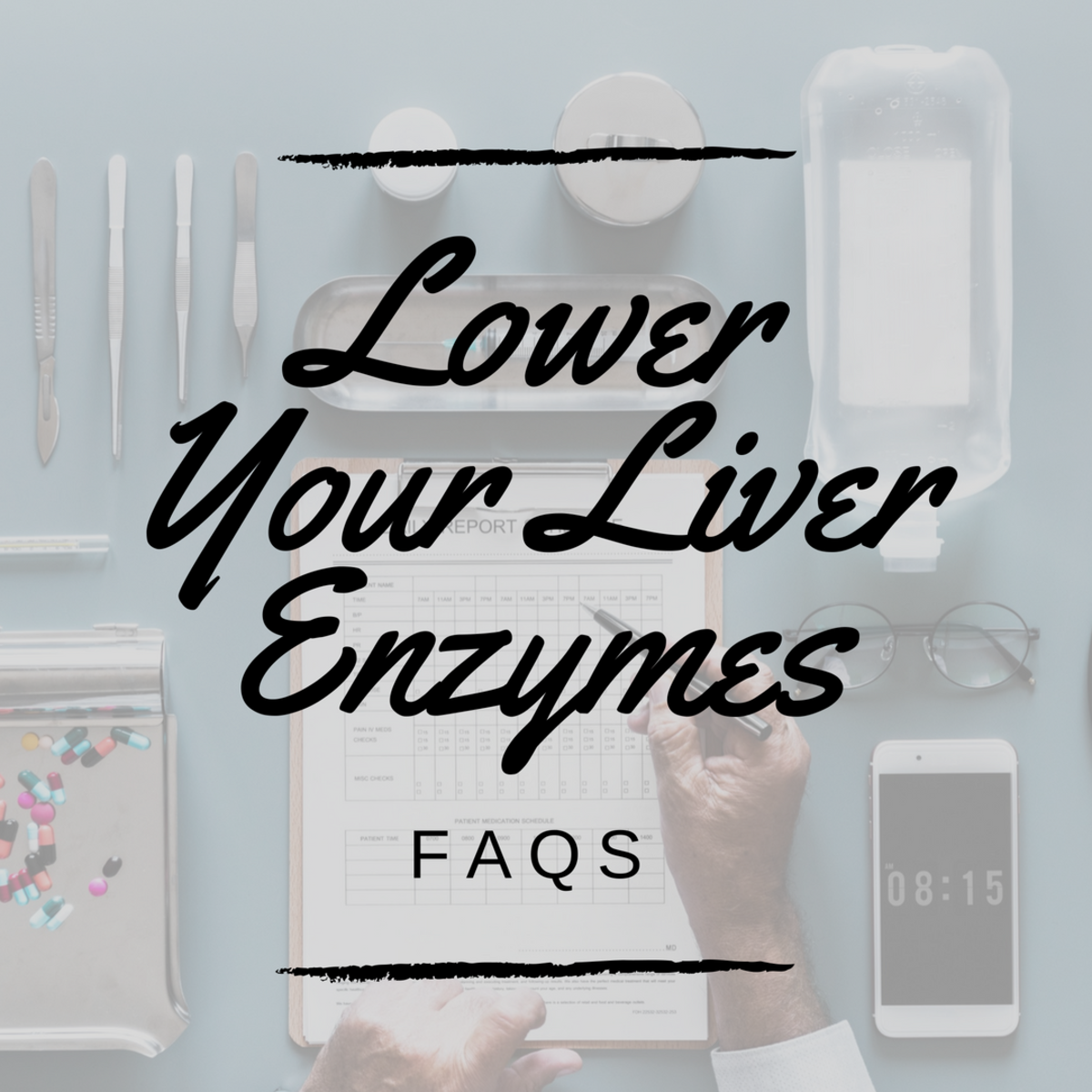Personalized Medicine: Treatment Based On Your Genetic Profile

Introduction
The nature of a particular disease in a person is as unique as the person who has the disease. Disease parameters such as the age at which the person gets the disease, the course that the disease runs and the drugs that it responds to are all based on the person's genetic and environmental information. Personalized medicine involves tailoring a person's treatment so that it is as individualized as the disease. At the Fox Chase Cancer Center Institute for Personalized Medicine, for example, researchers try to match drug treatments to the unique genetics of an individual patients's tumors. Cancer is one therapeutic area likely to benefit from personalized medicine because the disease is rooted in mutant genes.
The study of the genetic profile of a specific person's disease is called pharmacogenetics. Drug companies can use pharmacogenetics to see which patients are likely to respond to a given treatment. Using this knowledge, they can increase the probability of drug efficacy in a clinical trial.
Advantages of Personalized Medicine
According to an article in the January 2011 issue of "U.S. News and World Report," personalized medicine is not yet in clinical practice, but many medical institutions have personalized medicine programs. The technique offers several potential advantages. It can enable doctors and patients to make more informed decisions about treatment so that the treatments chosen have a higher probability of success with fewer negative side effects. With personalized medicine, doctor and patient can focus on the prevention and prediction of disease instead of simply reacting to it. There is also the opportunity for intervention in the disease process far sooner than had been possible previously. Finally, personalized medicine may lower the cost of providing healthcare.
Personalized Medicine In Assessing Your Risk of Getting a Given Disease
When implemented into clinical practice, personalized medicine may be able to give you an idea of your risk of getting diseases such as cancer, diabetes, cardiovascular diseases and neurodegenerative diseases such as Alzheimer's. Predictive diagnostic tests for infectious diseases, ovarian cancer, cardiovascular disease, diabetes, adverse drug reactions and other conditions are now in the development stage.
Knowing that you are at risk for a certain disease means that your doctor can help you to make lifestyle choices that can decrease your chances of getting the disease. If you know, for example, that you are at risk of getting diabetes, you can tailor your diet to include foods with low glycemic indexes so that you can avoid repeated spikes in blood insulin levels. Excessive insulin secretion coupled with high blood glucose levels can lead to a loss in the ability of beta- cells in the pancreas to secrete insulin. This loss in insulin-secreting ability results in irreversible diabetes. In addition, you can limit your caloric intake each day and incorporate regular exercise into your daily routine so that you may avoid being overweight. It is known that being overweight increases your risk getting diabetes.
Breast Cancer and Personalized Medicine
What Must You Do To Receive Personalized Medicine?
To be able to get assessments of your risk of getting various diseases as well as treatments tailored to the disease you may have, you need to first have your DNA sequence determined. This is how you get your specific genetic profile. You should consult with your doctor or with a top-tier medical center, e.g. the Duke Center for Personalized Medicine, with a personalized medicine program.
You should be aware that knowing your genetic profile and having this as part of your medical record could potentially expose you to prejudicial treatment from insurance companies or employers. An insurance company could, for example, deny you insurance coverage because you are at risk of getting cancer or a potential employer may decide not to hire you because you are at risk of cardiovascular disease. In order to safeguard you from this type of treatment, the United States Federal Government passed the Genetic Information Non-Discrimination Act of 2008. This act prohibits insurance companies from using genetic information to determine eligibility for insurance coverage and employers from using genetic information to make hiring, firing or promotion decisions.
Disclaimer
This hub has been written for the sole purpose of providing information to the reader. It is not intended to be a source of any kind of medical advice or instruction, and it should not be used in the diagnosis of any illness, disease or condition. You should consult your doctor if you have questions about a specific medical problem.









